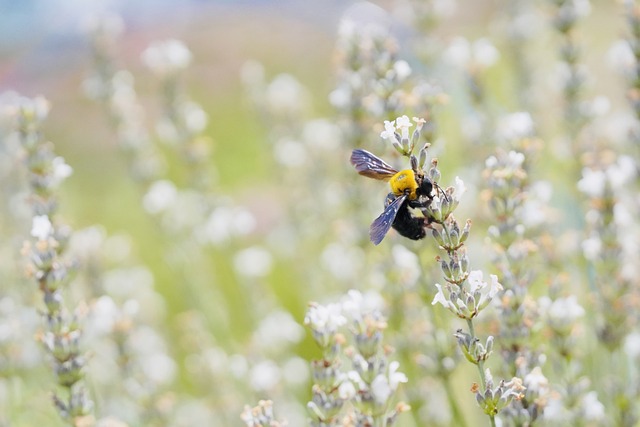jogo do bicho crime ✔ Jogo do Bicho: A Game of Fortune and Folly in Brazil's Social Fabric

Jogo do Bicho: A Game of Fortune and Folly in Brazil's Social Fabric
In the vibrant tapestry of Brazilian culture, few phenomena encapsulate the nation’s complex relationship with luck, legality, and social dynamics quite like the jogo do bicho. This game, a hybrid of gambling and folklore, has woven its way into the hearts and minds of millions, transcending mere entertainment to become a feature of daily life for many. Yet, beneath the surface of this seemingly harmless pastime lies a labyrinth of crime, corruption, and social commentary that speaks volumes about the Brazilian experience.jogo do bicho crime
At its core, the jogo do bicho is simple: players bet on animal names, each corresponding to a number. Traditionally, it began in the late 19th century as a whimsical lottery created by a zoo owner to attract visitors. Over time, however, it morphed into an underground betting system, often run by organized crime syndicates. This evolution raises significant questions about the intersection of legality and culture in Brazil. While the jogo do bicho remains illegal, it operates in a gray area, often tolerated by authorities and deeply embedded in the fabric of society.jogo do bicho crime

The allure of the jogo do bicho can be attributed to its accessibility and the promise of quick returns. Unlike traditional lotteries or casino games, which may feel distant and exclusive, the jogo do bicho speaks to the everyday person. It's a game played on street corners, in bars, and through clandestine networks, where anyone can participate regardless of their economic status. This democratization of gambling reflects a broader cultural ethos in Brazil, where chance and fate are often seen as intertwined with the social fabric.
Yet, the game’s informal nature presents significant challenges. The lack of regulation has paved the way for rampant criminal activity. Many of the individuals and organizations that run the jogo do bicho are linked to organized crime, creating a nexus of violence, extortion, and corruption. Betting houses are often fronts for more nefarious activities, and those who refuse to pay up or challenge the status quo may find themselves facing dire consequences. This dark underbelly of the jogo do bicho serves as a stark reminder that what may seem like a harmless game can have profound implications for public safety and social order.
Despite its association with crime, there is a growing movement to recognize the jogo do bicho for its cultural significance. Advocates argue that it is not just a game, but a reflection of Brazilian identity and resilience. In communities where economic opportunities are limited, the jogo do bicho offers a glimmer of hope—a chance to change one's fortunes, even if fleetingly. The game has inspired art, music, and literature, becoming a symbol of the Brazilian spirit that persists against the odds.
Moreover, there are calls for reform, urging the government to legalize and regulate the jogo do bicho. Proponents argue that legalizing the game could mitigate its ties to organized crime, generate tax revenue, and provide a safer environment for players. This perspective sees the jogo do bicho not merely as a vice, but as an opportunity for economic revitalization and social progress. By bringing this popular pastime into the light, Brazil could reclaim a piece of its cultural heritage while addressing the very real issues of crime and corruption that have plagued it.
As the discussion around the jogo do bicho continues to evolve, it highlights the broader themes of chance, community, and the quest for justice in Brazil. The game serves as a mirror reflecting societal challenges, aspirations, and the complexities of navigating life in a country where luck often feels like the only currency. Whether viewed through the lens of cultural pride or as a cautionary tale of criminality, the jogo do bicho remains a captivating topic that invites further exploration and debate.jogo do bicho crime

Ultimately, the future of the jogo do bicho hangs in the balance. As Brazil grapples with issues of governance, crime, and social inequality, the fate of this iconic game could serve as a litmus test for the nation's values and priorities. In a world where the stakes are high and the lines between right and wrong often blur, the jogo do bicho stands as a testament to the enduring human spirit—one that seeks fortune, community, and a better tomorrow, even in the face of adversity.
Fale conosco. Envie dúvidas, críticas ou sugestões para a nossa equipe através dos contatos abaixo:
Telefone: 0086-10-8805-0795
Email: portuguese@9099.com


